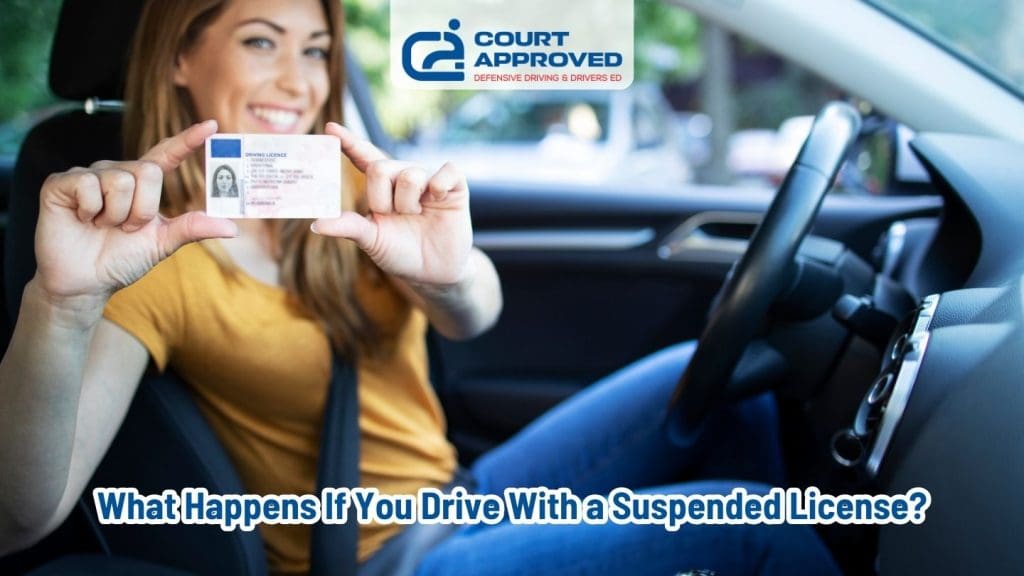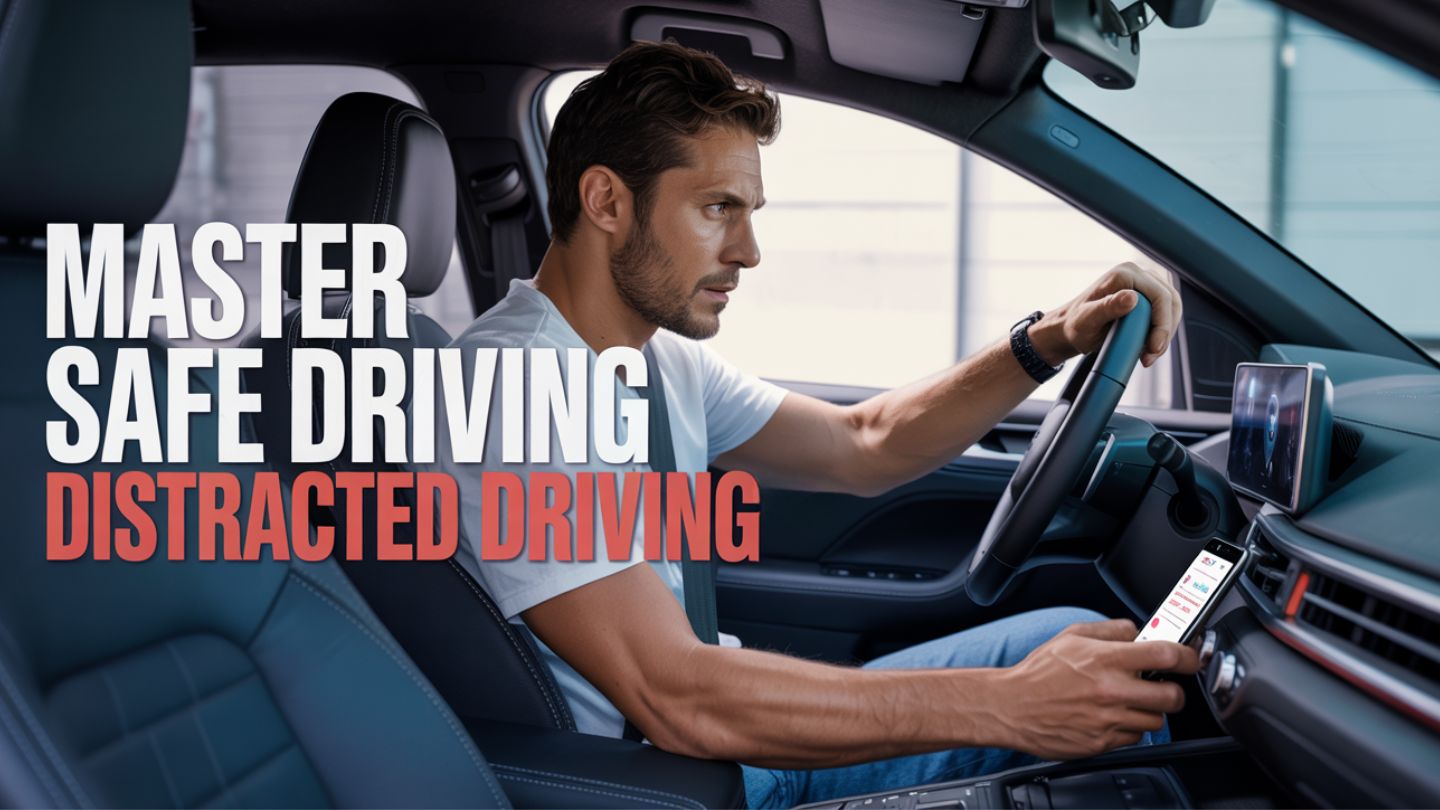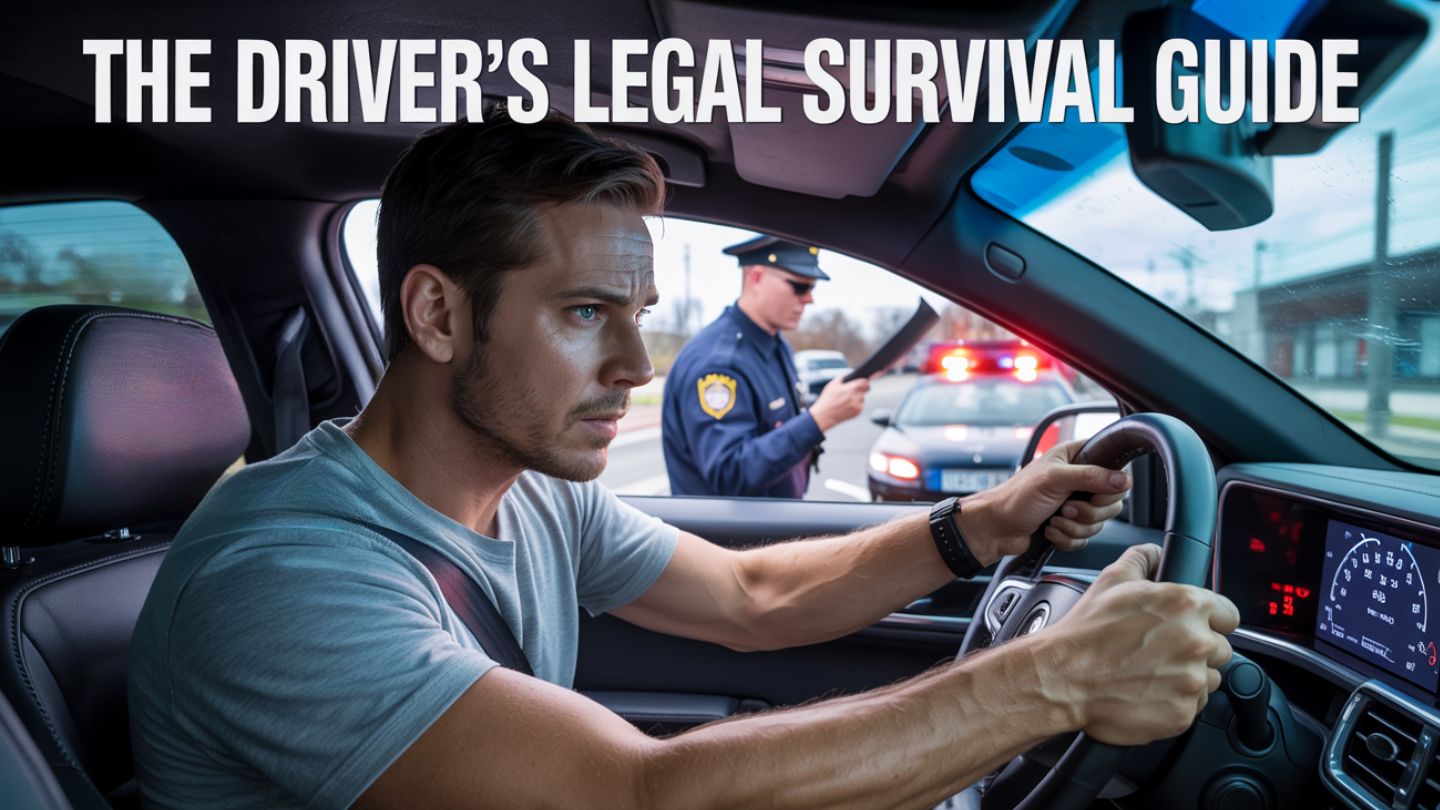Driving with a suspended license can lead to serious consequences, including hefty fines, potential jail time, and a lasting impact on your driving record. Understanding the penalties and solutions for driving on a suspended or revoked license is essential to avoid further legal trouble and reinstate your driving privileges.
At Court Approved Defensive Driving, we help individuals navigate the challenges of license suspensions with court-approved classes that empower drivers to meet legal requirements and regain a valid license.
Understanding a Suspended License
A suspended license represents a temporary or permanent withdrawal of your privilege to operate a motor vehicle. This action is typically taken by the Department of Motor Vehicles (DMV) or a court due to various infractions, such as a traffic violation or a DUI conviction. When your license is suspended, you are legally prohibited from driving until the suspension period ends or you have your license reinstated. Understanding the terms and conditions of your suspension is crucial to avoid further legal complications and to plan your steps towards regaining your driving privileges.
Reasons for a Suspended License

There are numerous reasons why your driver’s license might be suspended. Some of the most common causes include:
Reckless driving or negligent operation of a motor vehicle: Engaging in dangerous driving behaviors can lead to immediate suspension.
DUI or DWI convictions: Driving under the influence of alcohol or drugs is a serious offense that often results in license suspension.
Failure to pay fines or fees: Unpaid traffic tickets or court fees can trigger a suspension.
Accumulating too many points on your driving record: Each traffic violation adds points to your record, and too many points can lead to suspension.
Failure to appear in court or respond to a traffic citation: Ignoring legal obligations can result in a suspended license.
Medical conditions that affect driving ability: Certain health issues may disqualify you from driving.
Failure to complete a required traffic safety course: Not fulfilling court-mandated educational requirements can lead to suspension.
Understanding these reasons can help you avoid actions that might jeopardize your driving privileges.
Read more : How Long Does Reckless Driving Stay on Your Record?
Immediate Consequences of Driving With a Suspended License
Driving while your license is suspended or revoked is a violation of law, specifically under the Vehicle Code. If you’re caught driving with a suspended license, you may face:
Vehicle impoundment: Law enforcement can immediately have your motor vehicle impounded, leaving you to cover towing and storage fees.
Traffic citations: Receiving a traffic ticket for driving while suspended can result in paying fines ranging from $300 to $1,000 for a first offense.
Jail time: In some cases, you could face up to six months in county jail for a first conviction. A second offense or habitual offender status may lead to even more severe penalties.
Extended suspension periods: Your suspension period could be prolonged, further delaying your ability to regain your driver’s license.
Legal Penalties for Driving on a Suspended License
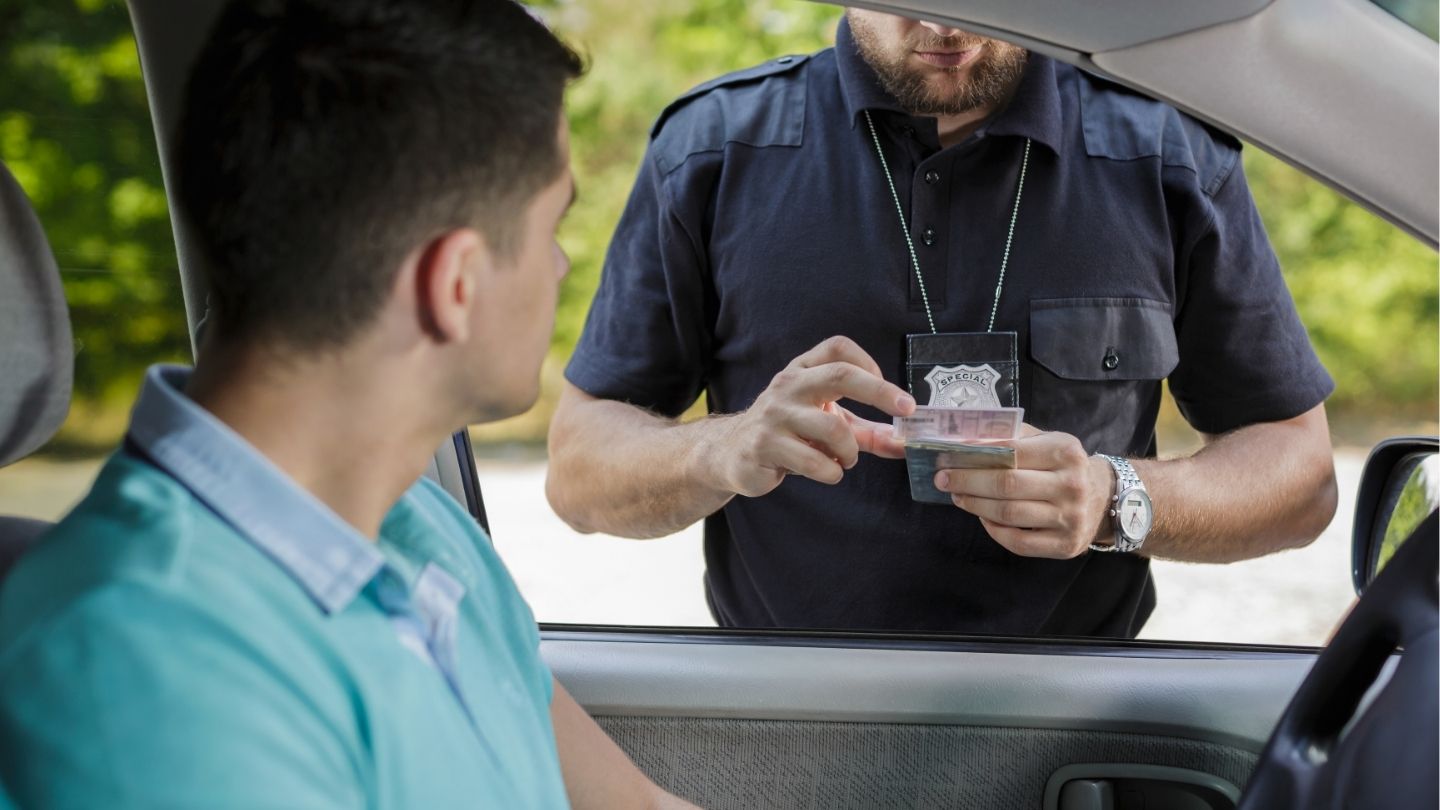
Penalties for driving with a suspended or revoked license vary depending on factors such as prior offenses and the reason your license was suspended. Common consequences include:
Misdemeanor crime: Driving with a suspended license is often classified as a misdemeanor offense, which may lead to criminal charges.
Fines: You could face fines up to $5,000 for repeat offenses or particularly reckless driving behaviors.
Court appearances: A court appearance is typically required, where you’ll face additional legal costs and the potential for a harsher sentence.
To avoid these legal pitfalls, consider enrolling in a defensive driving course through us. These courses not only enhance your driving skills but also demonstrate your commitment to safer driving practices.
Read more : All You Need to Know About Texas Traffic Violations and Fines
Long-Term Impacts of Driving With a Suspended License
Driving while suspended can have far-reaching consequences, including:
Permanent record implications: A misdemeanor offense for driving on a suspended license can appear on your permanent record, potentially affecting job opportunities and housing applications.
Higher insurance premiums: Accumulating too many points on your driving record may result in increased insurance rates or even policy cancellations.
Immigration challenges: Non-citizens may face complications with visa applications or citizenship processes due to criminal offenses tied to driving without a valid license.
By addressing your suspension proactively and working with Court Approved Defensive Driving, you can minimize the long-term consequences and work toward a clean driving record.
Understanding Suspension Notices
License suspensions are typically communicated via a suspension notice sent to your most recent address. To avoid legal issues:
Keep your address updated with the Department of Motor Vehicles (DMV).
Act promptly if you receive a notice. Ignoring a suspension notice can lead to additional legal complications.
If you believe your license was suspended in error, our experienced team can guide you on how to contest the suspension and restore your driving privileges.
Steps to Get Your License Reinstated
Regaining a valid driver’s license after a suspension involves meeting specific requirements. Here’s what you need to do:
Paying fines: Clear any outstanding traffic tickets or fines associated with the suspension.
Reinstatement fee: Submit the reinstatement fee to the DMV, which is typically $125.
Defensive driving course: Complete a defensive driving course to fulfill court requirements or reduce points on your record.
Provide proof of insurance: Submit SR-22 documentation as evidence of liability insurance.
Attend DMV appointments: Depending on the circumstances, you may need to pass a driving test or provide additional documents.
We offer court-approved courses designed to help you meet these requirements efficiently.
Hardship Licenses: A Temporary Solution
For individuals facing a license suspension, obtaining a hardship license may allow limited driving privileges. A hardship license is typically granted for essential activities such as:
Commuting to work or school
Attending medical appointments
Meeting legal obligations, such as court appearances
To qualify for a hardship license, you’ll need to demonstrate financial responsibility and meet other conditions set by law.
Defensive Driving Courses and Their Benefits
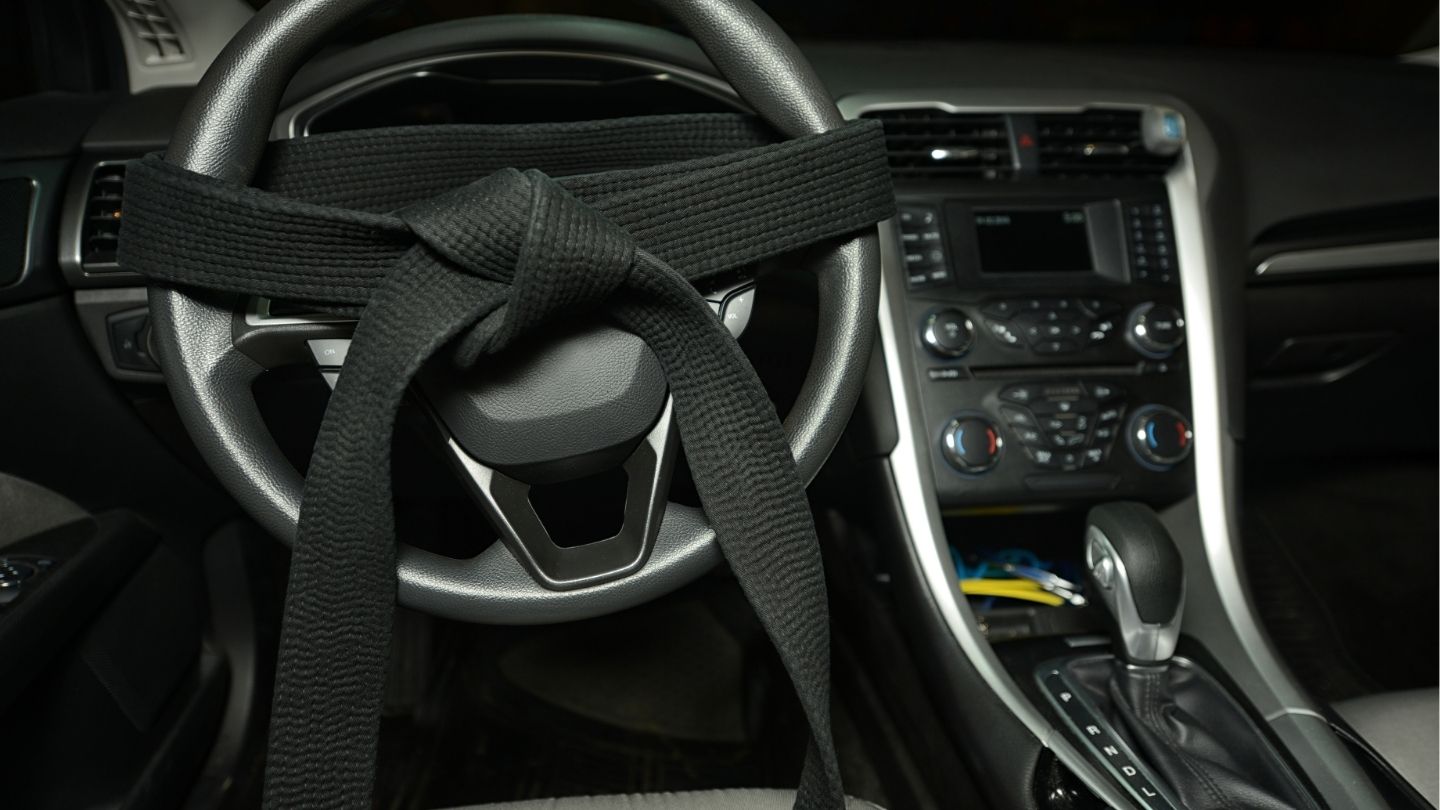
Enrolling in a defensive driving course through Court Approved Defensive Driving can provide numerous advantages:
Point reduction: Lower points on your driving record to avoid future license suspensions.
Insurance discounts: Save up to 10% on car insurance premiums.
Improved driving skills: Enhance your knowledge of traffic laws and safe driving techniques.
Completing a defensive driving course is not just about compliance—it’s an investment in your future as a responsible driver.
Read more : How Texas Driver’s License Points Influence Your Driving Record
Conclusion
In conclusion, driving with a suspended or revoked license poses serious risks, including legal penalties, financial burdens, and long-term impacts on your driving record and personal life. It’s crucial to address any license suspensions promptly and take proactive steps to reinstate your driving privileges. Engaging in a court-approved defensive driving course can not only help you meet legal requirements but also enhance your driving skills and reduce future risks.
At Court Approved Defensive Driving, we offer a comprehensive driving safety course for Houston drivers designed to enhance your driving skills and fulfill court mandates. Our resources and courses are tailored to support you every step of the way, empowering you to regain a valid license and move forward with confidence. Take the first step towards restoring your driving rights—contact us today! We also provide defensive driving course services in Plano, Lubbock, Houston, and Fort Worth, helping drivers across Texas stay safe and confident behind the wheel.
Frequently Asked Questions
Can you go to jail for driving with a suspended license?
Yes, driving with a suspended license can result in jail time, particularly for repeat offenders. Additional penalties may include fines, community service, and an extended suspension period.
What happens if you get pulled over with a suspended license?
Getting pulled over with a license suspended can lead to severe penalties such as vehicle impoundment, hefty fines, and potential jail time. It’s important to address any license suspensions promptly to avoid further legal complications.
How do I get my license reinstated after a suspension?
To have your license reinstated, you’ll need to pay fines, complete a defensive driving course, and provide proof of insurance. Our courses can help fulfill these requirements efficiently.
What is a hardship license, and how can I apply for one?
A hardship license allows limited driving privileges during a suspension period. Contact us to learn more about eligibility and how to apply.

